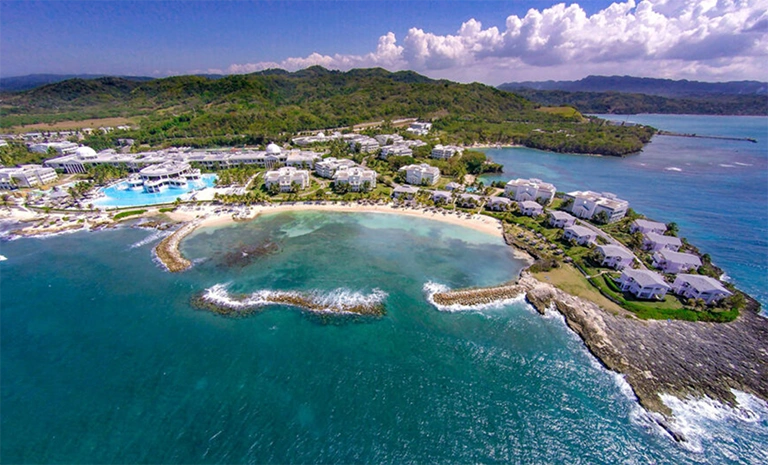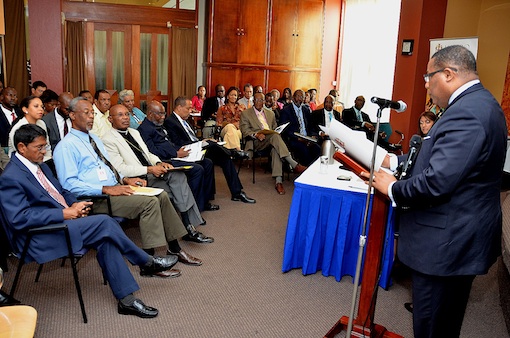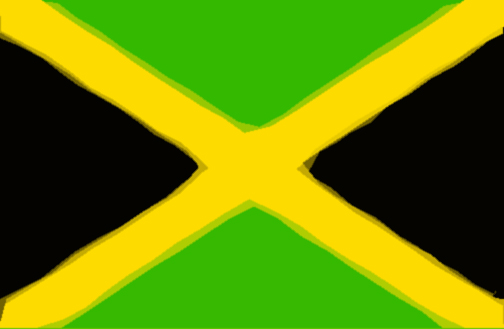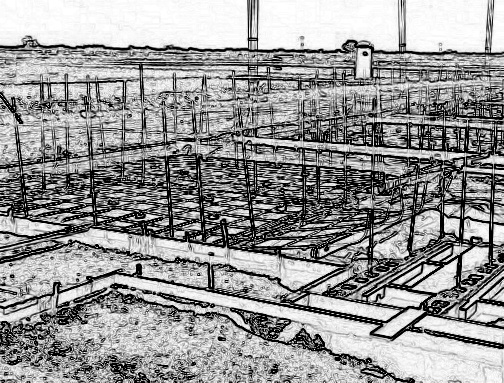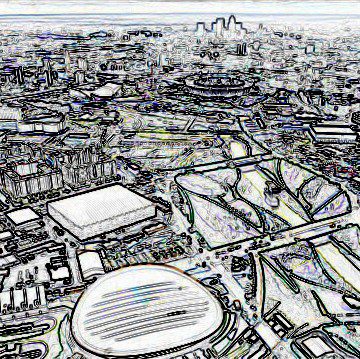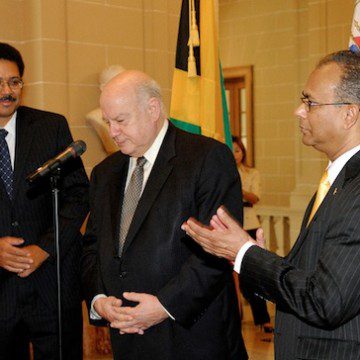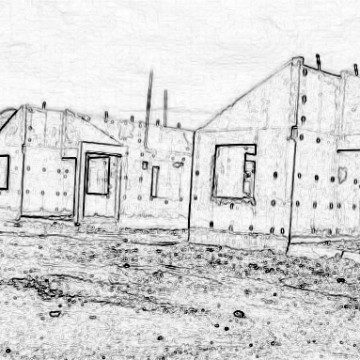Forbes: Jamaica’s Energy Insecurity
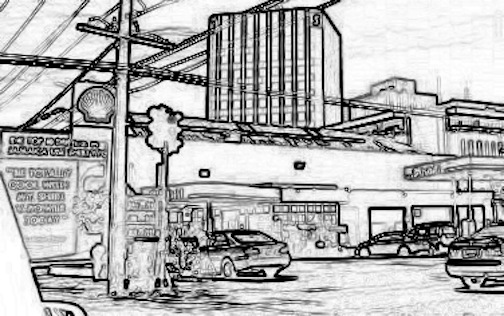
By Marcia Forbes, PhD
CJ Contributor
Heavy Burden of Imported Oil
The figures stunned me. Anthony Hylton, Minister of Industry, Investment & Commerce and Julian Robinson, State Minister in the Ministry of Science, Technology, Energy & Mining both spoke at a seminar recently hosted by the Jamaica Public Service, monopoly distributor of electricity in this island. Listening to them, I realized that the country’s expenditure on petroleum imports represents close to 30 percent of this island’s gross domestic product (GDP).
The burden of imported oil is also a significant contributor to Jamaica’s overall trade deficit, which Minister Robinson said ran at over US$2 Billion for 2011. Almost half of this he said “was attributable to mineral fuel imports (oil).”
While all Jamaicans are aware of the heavy burden of the cost of electricity, many are not aware of how, as taxpayers, we bear the brunt of this, since the government of Jamaica, through its Ministries and Departments, is a major consumer of imported oil and its products.
Even with the “demise” of Air Jamaica and the “lock-down” of sections of the bauxite industry, the transportation sector and bauxite are still major consumers.
Revamp of Energy Sector Needed
A revamp of Jamaica’s energy sector is regarded as a top priority strategy in realizing sustainable socio-economic development for all Jamaicans and making Jamaica globally competitive. This is critically needed against a background of long established energy-related factors which retard the country’s growth. In addition to those mentioned earlier, they include:
1) High oil imports – About 19.8 million barrels in 2011. At US$102 per barrel, this is valued at J$191.4 billion;
2) Vulnerability to oil price shocks – In 2008, Jamaica’s overall oil bill amounted to US$2.7 billion or 18 percent of GDP. By 2011 this has ramped up to close to 30 percent of GDP with oil at US$102 per Barrel;
3) About 95 percent of Jamaica’s electricity is generated from imported oil;
4) Jamaica’s monopoly supplier of electricity, the Jamaica Public Service Company, is very inefficient in its delivery of energy;
5) Jamaica has one of the highest electricity rates in Latin America and the Caribbean.
Energy Insecurity
The foregoing combination of oil/energy related factors is widely viewed as the reason Jamaica is uncompetitive at regional and international levels. Whereas the cost of electricity in Jamaica is approximately U$0.40/kw hr, in Trinidad and Tobago it is approximately U$0.06, about seven times less than Jamaica. While power generation capacity is adequate to cover current demand, Jamaica’s quasi-exclusive reliance on a fossil fuel dominated matrix of imported petroleum products – primarily diesel oil and Heavy Fuel Oil (HFO) – for power generation, together with high levels of inefficiency in power generation, and high transmission and distribution losses (23 percent in 2009) lead to very high electricity costs and tariffs in this country.
Repositioning for Growth
The National Energy Policy, approved by Jamaica’s Parliament in November 2010, seeks to develop: “A modern, efficient, diversified and environmentally sustainable energy sector, providing affordable and accessible energy supplies with long-term energy security and supported by informed public behavior in energy issues, and an appropriate policy, regulatory and institutional framework.”
The NEP takes cognizance of Jamaica’s existing challenges and is intended to help to reposition the country for growth. In a nutshell, the key goals of this policy are to:
1. Enhance Jamaica’s economic competitiveness by reducing energy consumption, improve the efficiency of the energy sector and minimize the cost of energy to end users;
2. Increase Jamaica’s energy security by diversifying the energy matrix, with focus on renewable, sustainable sources toward a Green Economy;
3. Delineate and implement a well-defined institutional and regulatory framework with Government Ministries and Departments as models in energy best practices.
Scoring Goals
These goals, if realised, can revolutionize the revenue-generating capacity of individuals, organizations and the country at large. The intention is to deal with both the supply and demand sides of the energy challenge — to provide more affordable and sustainable energy supplies to Jamaican consumers and industries so as to facilitate growth and development, while at the same time encourage energy efficiency at all levels. Can and will Jamaica achieve these admirable, if lofty goals?
Dr Marcia Forbes, a Caribbean Journal contributor, is a media specialist, the co-owner of multimedia production company Phase 3 Productions Ltd and former Permanent Secretary in Jamaica’s Ministry of Mining and Telecommunications and later the Ministry of Energy and Mining. She is the author of Music, Media & Adolescent Sexuality in Jamaica and the recently-released Streaming: Social Media, Mobile Lifestyles (click below for more information).
Follow Dr Marcia Forbes on Twitter: @marciaforbes
